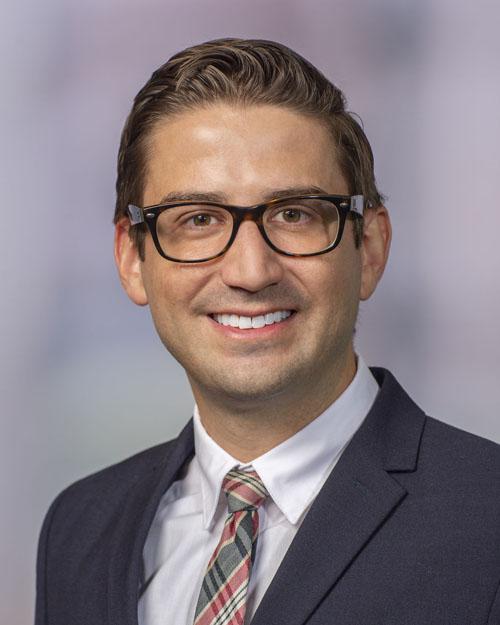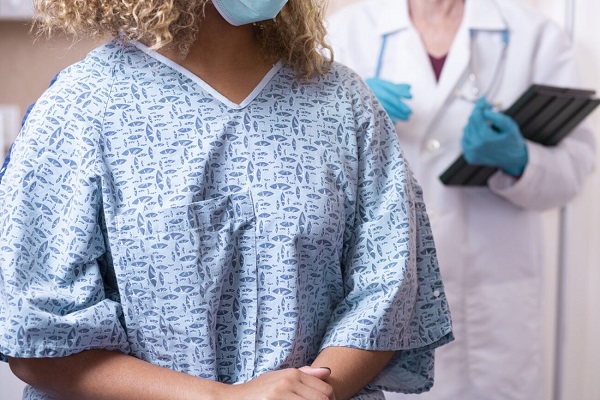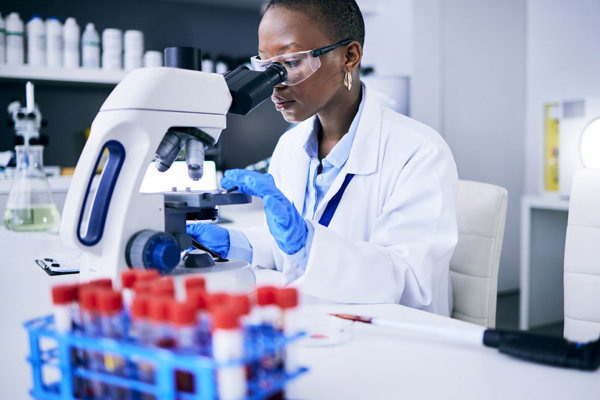Understanding Breast Cancer Diagnosis: What to Expect
November 21, 2024
This article was reviewed by our Baystate Health team to ensure medical accuracy.
 Jesse T. Casaubon, DO
View Profile
Jesse T. Casaubon, DO
View Profile

Health & Wellness Tips
Related Articles
-
Coping with Illness
![a Black woman doctor comforting a woman waiting for her breast cancer diagnosis]()
Understanding Breast Cancer Diagnosis: What to Expect
-
Coping with Illness
![a woman with her hand on her chest taking a deep breath]()
Understanding Pulmonary Hypertension: Symptoms & Treatments
-
Coping with Illness
![a woman checking her lymph nodes in her underarm]()
Comprehensive Guide to Lymph Node Removal for Breast Cancer
-
Coping with Illness
![a woman in a gray tshirt holding her left breast as if in pain]()
Does Breast Cancer Hurt? Exploring Breast Pain Types and Causes
-
Wellness & Prevention
![What are Different Types of Breast Cancer_ Plus Treatment Options]()
What are Different Types of Breast Cancer? Plus Treatment Options
-
Coping with Illness
![What Breast Doctors Wish You Knew Western MA]()
What Breast Specialists Want You to Know About Breast Cancer
-
Coping with Illness
![a Black man consulting his doctor about sickle cell disease]()
Comprehensive Guide to Sickle Cell Disease Symptoms and Treatment
-
Coping with Illness
![a doctor examining cells under a microscope]()
Precision Medicine in Breast Cancer: Improving Care Options
-
Wellness & Prevention
![When to Get a Flu Shot]()
When to Get a Flu Shot This Year: What Experts Recommend
-
Coping with Illness
![a man holding his hand up to his ear demonstrating hearing loss]()
Understanding Hearing Loss: Causes, Symptoms & Solutions
Back to Top











